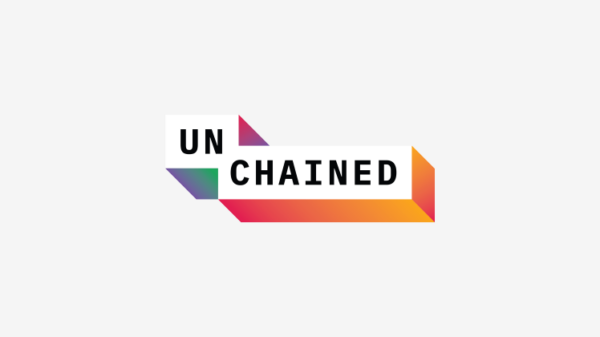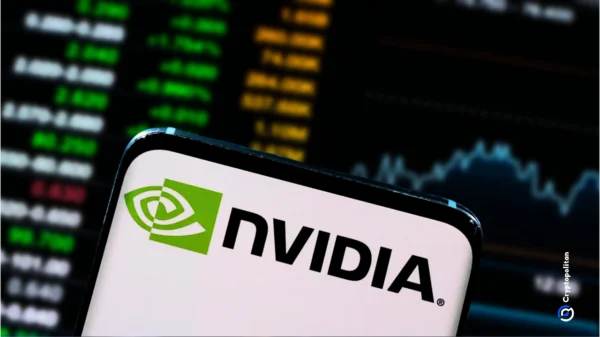A significant crackdown by UK authorities has resulted in the arrest of 128 individuals implicated in evading sanctions related to Russia. This operation, known as Operation Destabilise, has yielded seizures exceeding $32.6 million, comprising both cryptocurrency and cash. The National Crime Agency (NCA) reported that this initiative has now entered its second phase, revealing a complex network of Russian-linked money laundering activities across at least 28 towns and cities within the UK.
Initially launched in 2024, Operation Destabilise had recorded 84 arrests and seized approximately $25.5 million by December of that year. The recent updates indicate that an additional 45 suspects were apprehended, with over $6.6 million in cash confiscated. The NCA”s findings illustrate that these couriers facilitate money laundering activities by converting illicit cash—gained from drug sales, firearms, or human trafficking—into cryptocurrency, which subsequently finances organized crime and military supplies for Russia.
Among the networks uncovered, Smart and TGR have been identified as key players in facilitating these illicit operations. Notably, the head of TGR, George Rossi, has been linked to Altair Holding SA, a sanctioned firm based in Luxembourg. This entity recently acquired a 75% stake in Keremet, a bank in Kyrgyzstan, on Christmas Day 2024. Investigations have shown that Keremet has been conducting cross-border transactions for Promsvyazbank, a state-owned Russian bank known for funding military suppliers.
Furthermore, Promsvyazbank has been involved in the creation of A7A5, a rouble-pegged stablecoin used to bypass sanctions, which reached a transaction volume of over $40 billion in July 2023. The NCA”s findings suggest that the operation has affected the operational capabilities of Russian-linked money laundering networks in the UK, leading to a perceived hesitance among these groups to operate within London.
Despite these developments, experts caution that measuring the actual impact of Operation Destabilise on money laundering activities in the UK remains challenging. AMLBot CEO Slava Demchuk noted that the ability to track and quantify changes in laundering activities is limited due to the reliance on open data, as law enforcement holds more classified intelligence. While some blockchain analytics firms report a decline in activity related to Russian money laundering, translating this data into definitive conclusions about laundering reduction in London is complex.
Ari Redbord, VP of Global Head of Policy and Government Affairs at TRM Labs, highlighted that coordinated actions by the NCA, OFAC, and other authorities have led to notable drops in transaction volumes across platforms associated with Russian money laundering. For instance, exchanges such as NetEx24, Bitpapa, and Cryptex experienced an average decline of over 80% in inflows within three months following enforcement actions. Nonetheless, the case of Garantex, which reportedly rebranded as Grinex, underscores the fluidity of these laundering operations, as illicit activities may simply shift to other high-risk exchanges and avenues.
In conclusion, while Operation Destabilise has undeniably disrupted certain laundering operations in the UK, the transnational nature of these criminal activities means that alternative centers for laundering may continue to emerge. The networks involved, including Smart and TGR, operate across multiple regions, utilizing an intricate web of cash couriers, crypto platforms, payment processors, and shell companies to facilitate their activities, indicating a deeply entrenched global ecosystem for laundering and evading sanctions.















































































